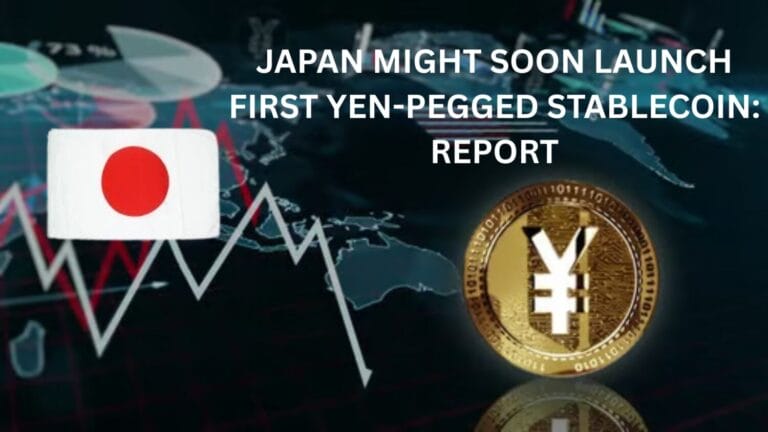Key Takeaways:
- By the end of the year, Indonesia will introduce a cryptocurrency stock market, according to Jerry Sambuaga, the country’s deputy commerce minister.
- Due to difficulties in the procedure, the Southeast Asian country had initially announced a 2021 debut but had since amended it to the first quarter of 2022.
According to Indonesia’s deputy commerce minister Jerry Sambuaga, the country would establish a “crypto stock” exchange before the end of 2022 to protect investors despite the growing popularity of digital assets.
Companies in the digital asset sector, such as exchanges that have been granted licences by Indonesian financial authority Bappebti, will be listed on this cryptocurrency stock market in Indonesia.
Although the exchange was originally scheduled to debut in 2021, the government decided to delay it until the first quarter of 2022. Due to the complexity of the procedure, there was an extra delay, but Jerry Sambuaga, the deputy commerce minister, guaranteed that the government was being cautious in its approach.
According to reports, the minister stated that setting up a cryptocurrency stock market requires planning, entity validation, and a minimum amount of capital. There are around 25 regulated cryptocurrency trading companies in the nation, including the problematic Zipmex exchange run by Bappebti.
The deputy stated, “Building a bourse requires extensive planning. We must determine which entities ought to be listed on the market. Second, we must verify the aforementioned entities. Thirdly, there is a minimum capital requirement as well as other technical, custodial, and depository criteria.“
According to Bappebti data, cryptocurrency transactions in Indonesia increased by over 1000% between 2020 and 2021, from 64.9 trillion rupiahs to 859.4 trillion rupiahs. Almost 4% of the populace of the nation has engaged in bitcoin trading.
Pang Xue Kai, a cryptocurrency stock market, has the potential to be a catalyst for the entire Indonesian crypto business, according the CEO of TokoCrypto, one of the 25 digital asset exchanges that were granted a license by the Indonesian Commodity Futures Trading Regulatory Agency.
The CEO thought that this might accelerate adoption and spur an increase in institutional investors’ interest.
As of April, Despite a spike in cryptocurrency trading in the biggest economy in Southeast Asia, Indonesia’s Financial Services Authority (OJK) issued a warning in January that financial institutions are not permitted to sell and facilitate the sale of cryptocurrency assets.
The regulator stated in an Instagram post that “OJK has strictly prohibited financial service institutions from using, marketing, and/or sponsoring crypto asset trading.”
As of April, Despite a spike in cryptocurrency trading in the biggest economy in Southeast Asia, Indonesia’s Financial Services Authority (OJK) issued a warning in January that financial institutions are not permitted to sell and facilitate the sale of cryptocurrency assets.
The regulator stated in an Instagram post that “OJK has strictly prohibited financial service institutions from using, marketing, and/or sponsoring crypto asset trading.”









